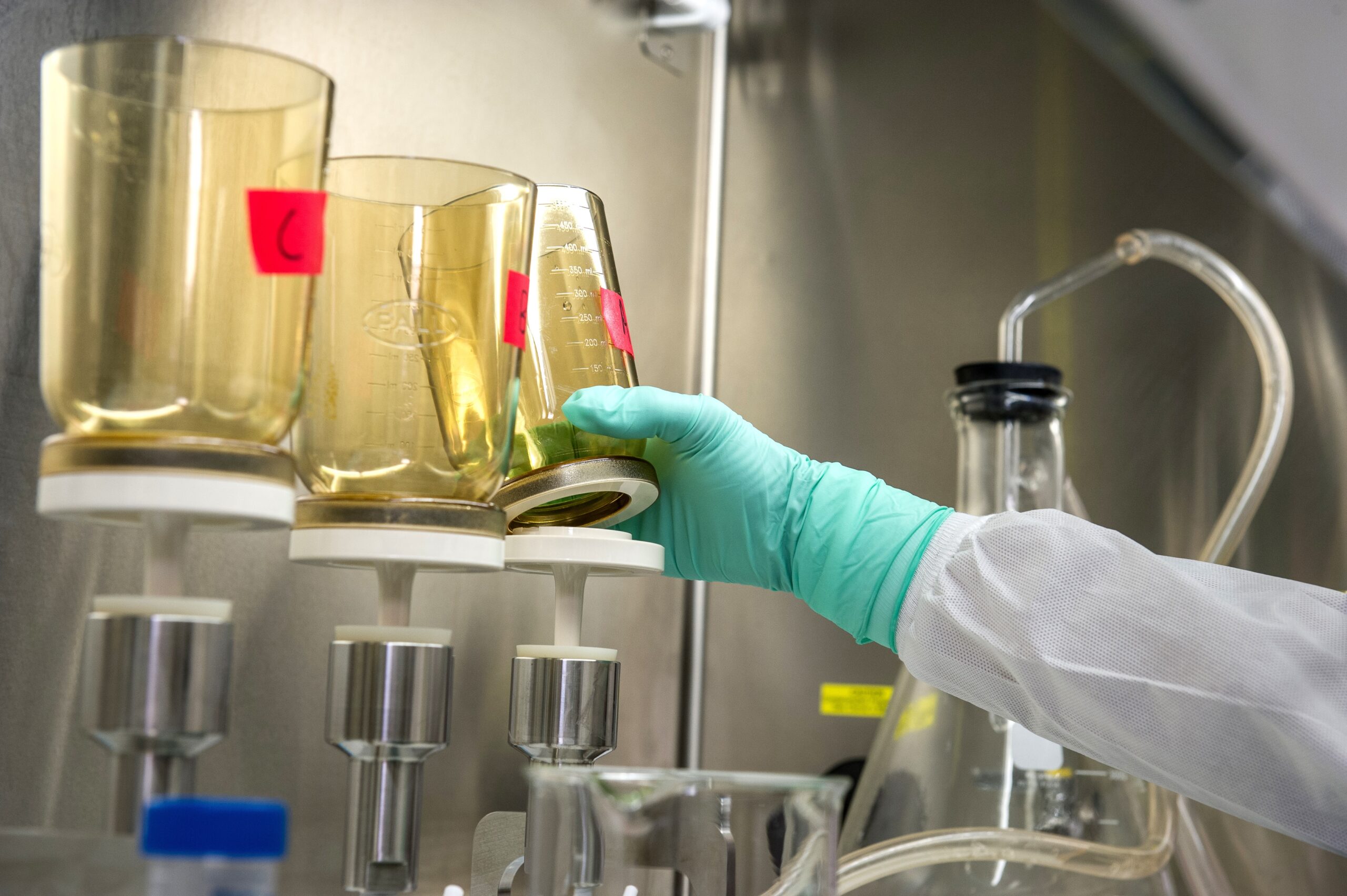While the world is battling Coronavirus on an unprecedented scale, plastic has proven to be a bigger monster. We are using one silent monster (plastic), to battle another.
Biomedical waste (BMW) is any biomedical waste crisis produced during the diagnosis, treatment, or immunization of human or animal research activities pertaining thereto or in the production or testing of biological or in health camps. It follows the cradle to a grave approach which is characterization, quantification, segregation, storage, transport, and treatment of BMW.
In 2016, new Biomedical waste crisis management rules have been notified to efficiently manage BMW in the country. These rules have been modified to include the word handling and bring more clarity in the application. In addition, strict rules have been made to ensure no pilferage of recyclables item, no secondary handling or in advent scattering or spillage by animals during transport from the HCFs to the common BMW treatment facility (CBMWTF). There is an effort to improve the collection, segregation, transport, and disposal of waste. Simultaneously, the role of an incinerator in increasing environmental air pollution has been checked by issuing new standards for incinerators and improving its operations.
In March 2020, shortly after a nationwide lockdown was imposed, India’s pollution watchdog, Central Pollution Control Board (CPCB), has released guidelines for handling, treatment and safe disposal of biomedical waste crisis generated during treatment, diagnosis and quarantine of patients confirmed or suspected to have the novel coronavirus disease (COVID-19).
Personal Protective Equipment (PPE), according to the World Health Organisation (WHO), comprises of garments used by the health care workers or any other person from getting infected. It generally consists of standard precautions: gloves, mask, gown. It includes face protection, goggles, and mask or face shield, gloves, gown or coverall, head cover, rubber boots in case it is blood, or high airborne infections.
As per May 18, India was producing over 4.5 Lakh PPE suits every day. However, there is a long way to go in terms of disposing off the used suits.
Frontline workers like medical health professionals are given the deserve applause, but why do we forget the sanitation workers and rag pickers who help us live in clean homes? Here is an ordeal, which sheds light upon the issue of improper disposal of plastic gear during the COVID-19 pandemic
Manish, a sanitation worker in the South Delhi area, told The Wonk,
“ I work a tiresome shift every day where I collect garbage from various localities near the AIIMS hospital in New Delhi. Also, around the hospital, there is so much crowd and plastic waste which is most probably infected and therefore I and my co-workers have to take a lot of care and precaution while gathering such waste. Sometimes, common people wear PPE suits and discard them in public places, it is so irresponsible of them to do so. I am not educated enough, but I know that Coronavirus spreads through touch and droplets; the PPE suits are soiled with sweat and infection. It is very difficult to deal with such waste.”

